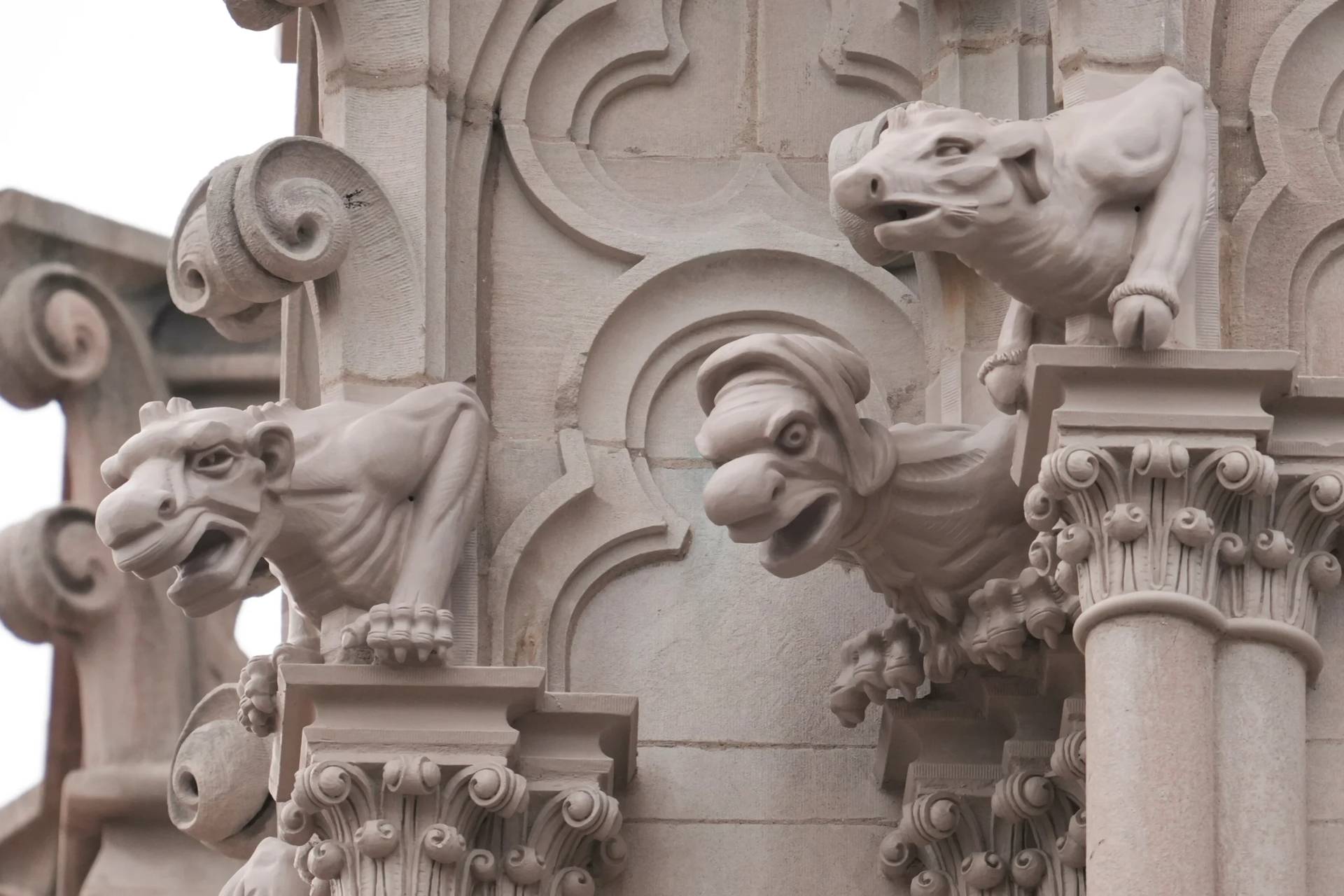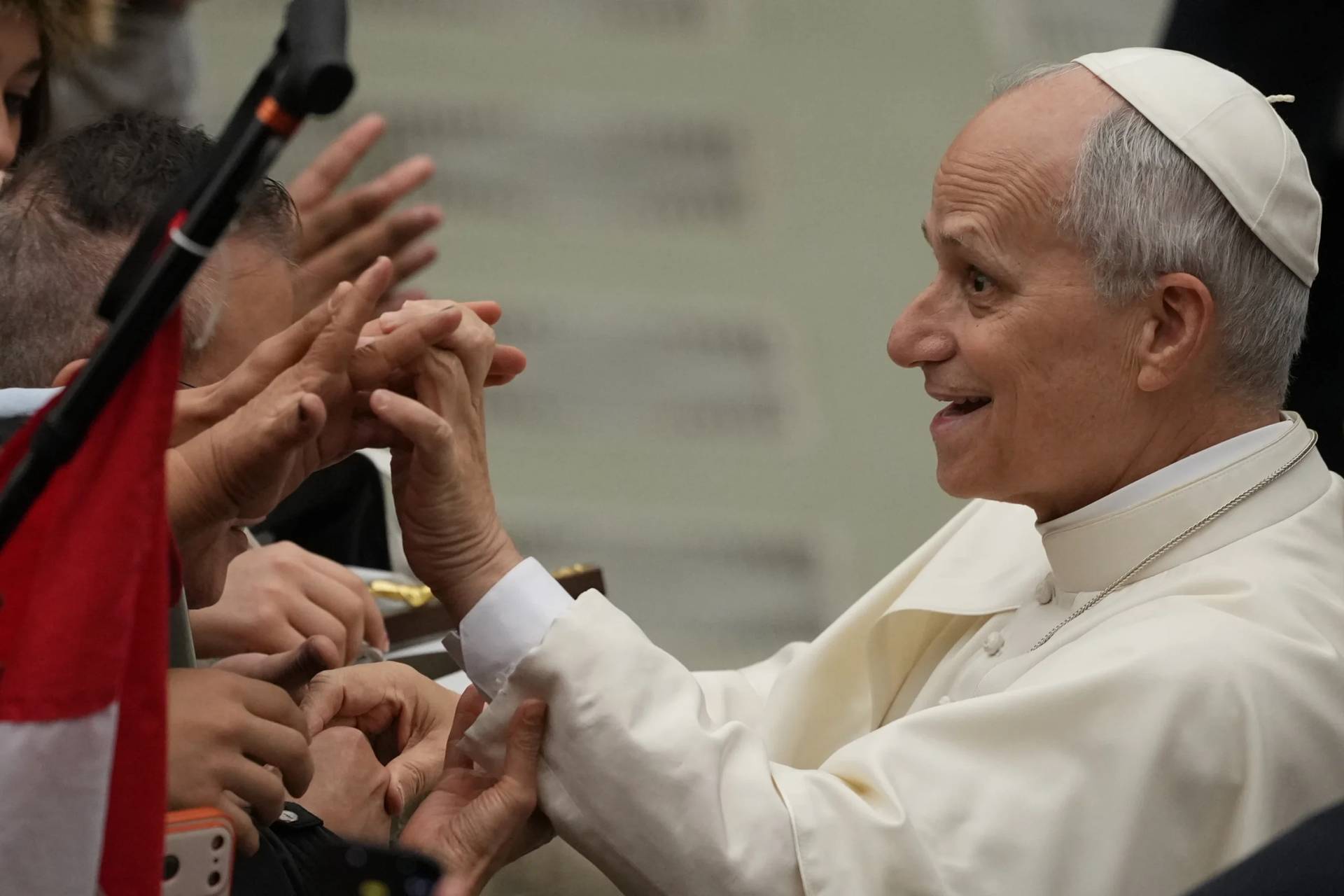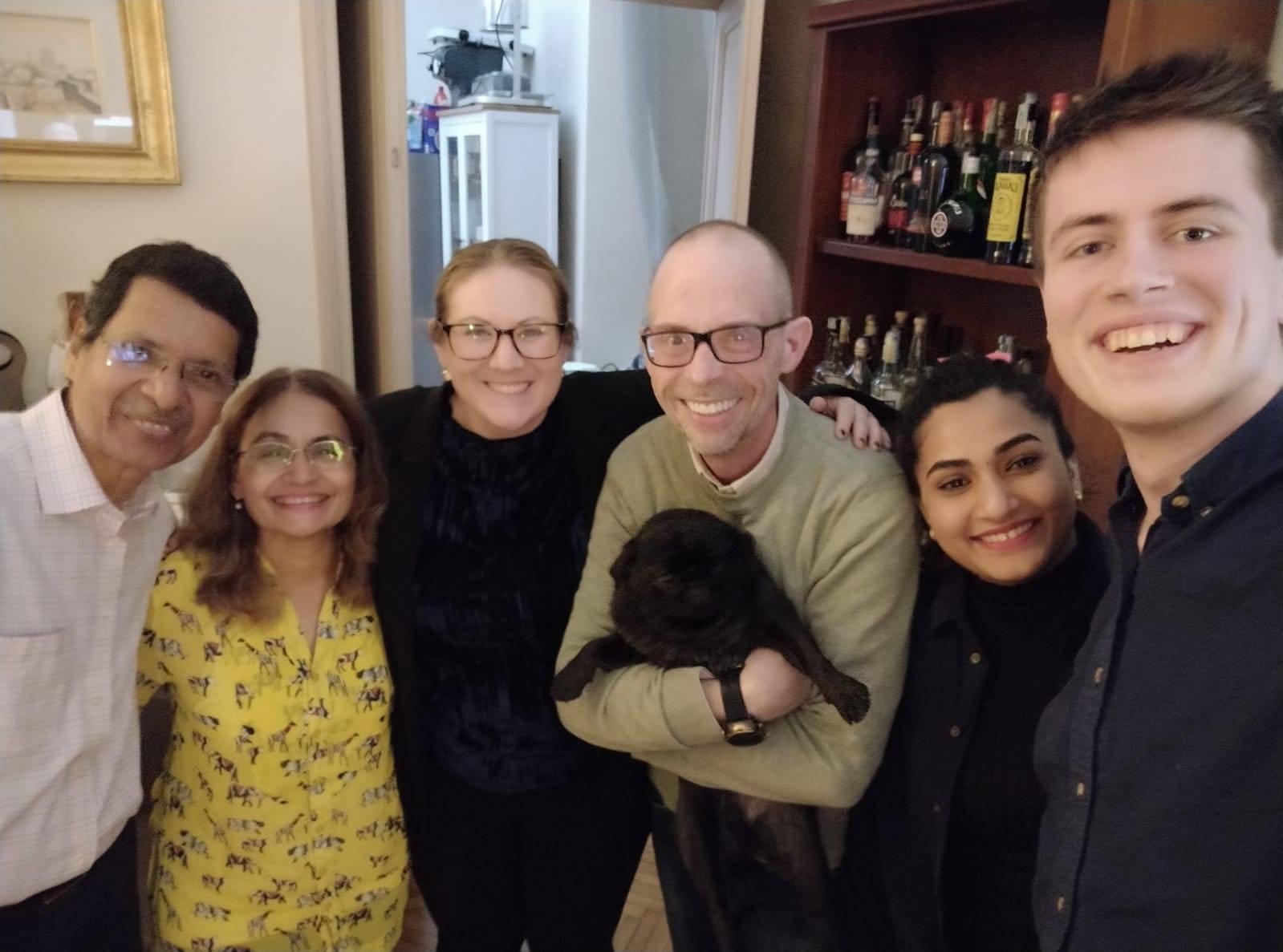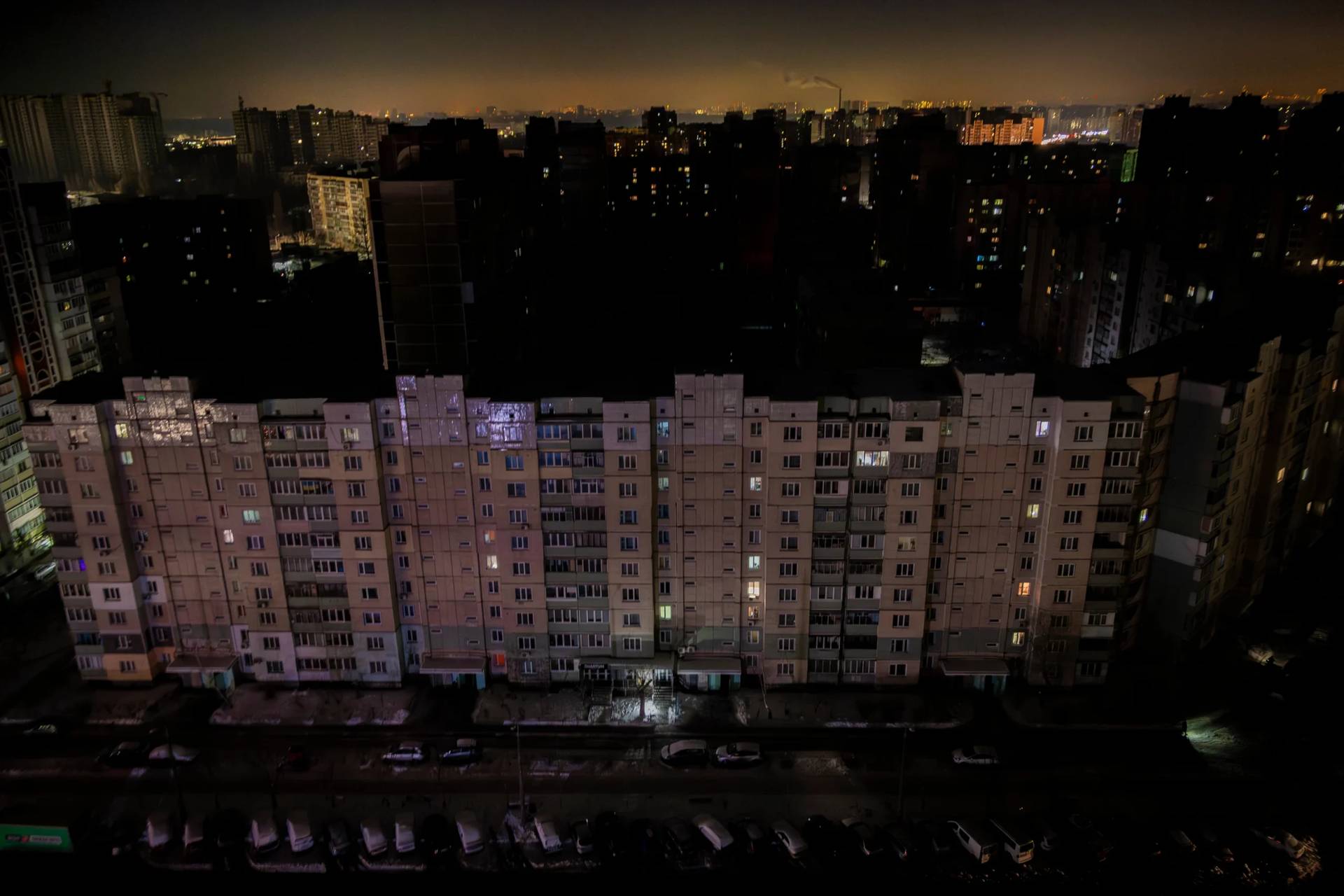ROME – After Venezuela held regional elections on Sunday, leading to cries of fraud after the national government under President Nicolas Maduro captured 18 or 23 governorships, the Catholic Church and the regime once again seem at odds.
One can glimpse the tension even in the sound-bites Maduro used to describe the result, “Another victory!” versus the bishops’ conference’s quick take, “Deplorable.”
Ahead of the state elections, independent polls said that Maduro’s “Marxist, totalitarian system,” as dubbed by Cardinal Jorge Urosa Savino, had a less than 30 percent approval rating. The economy is in free-fall, shortages of food and basic products, including medicines, have become chronic, and the inflation rate is believed to be at close to 1,000 percent.
At least 130 people opposing the government have died so far this year in clashes with the police, and people are starving: Recent reports show that Venezuelans have lost, on average, 17 pounds in the past year due to food shortages.
Additionally, a report presented in May by Caritas Venezuela, a local branch of the international federation Caritas Internationalis, showed that 11 percent of children under five are suffering either from moderate or severe acute malnutrition, a problem growing by one percent every two months.
Yet, according to Maduro’s declarations on Sunday, “Venezuela is Venezuela — screwed, but happy.”
The Catholic bishops, however, weren’t buying it.
In a statement released on Thursday, prelates accused Venezuela’s National Electoral Council (CNE) of acting in a “biased” way when performing the official count of the ballots cast on Sunday.
“We deplore that the CNE, ignoring calls made from various national and international bodies, has once again shown itself as a biased arbitrator, in the service of the official party,” says the statement released by the bishops on Thursday.
The prelates also write that for many in the country, the possibility of freely electing governors represented a “light on the road and a motive for hope.” Instead, they claim, the elections cast even more doubts and raised more questions, opening the door to greater tensions and conflicts for the future.
The CEV asserts that “the irregularities committed in the implementation of the electoral process” are numerous, including preventing political organizations from replacing candidates on ballots, last-minute voter migration to other polling stations and the lack of a plural international observation.
“All this constitutes an obstacle to the exercise of suffrage, and generates mistrust in the electoral processes,” they say, adding that the irregularities in the elections have “made it even more difficult to agree on the problems that afflict us.”
Speaking with Crux ahead of the elections, Urosa saw them as a silver lining, hoping they would bring to light what, in his opinion, was already evident: the fact that the government no longer has majority support.
Urosa said that had already been proven in 2015, when the government lost the National Assembly to the opposition in national elections. However, earlier this year, Maduro established a constitutional assembly to re-write the constitution and govern by decree. The assembly was allegedly approved by popular vote early in August, but both nationally and internationally, it was labeled as irregular.
The Vatican itself, breaking a long-standing tradition of not meddling in regional matters, issued a statement rejecting the assembly. In a note signed at the time by Pope Francis’s right-hand man, Italian Cardinal Pietro Parolin, former papal representative to Venezuela, the Holy See warned that Venezuela would “mortgage the future,” and called for its suspension.
In the note released on Thursday, the Venezuelan bishops say that it’s indispensable to “recover the justice and ethics of the system, so that citizens can freely and confidently express themselves,” in the hopes that future elections, “supervised by plural international bodies, restore peace and tranquility to Venezuelan society.”
Abuse of power from the government, the prelates write, should not lead the people to lose confidence in the power of voting as a “peaceful and democratic” solution to the “urgent and far-reaching changes the country needs.”
The opposition alliance in Venezuela has said it will call for an international audit of the elections held last Sunday.
















